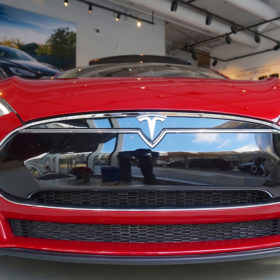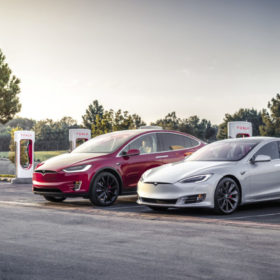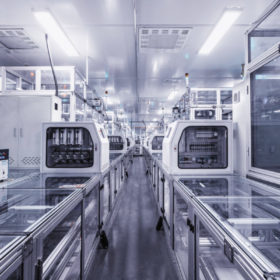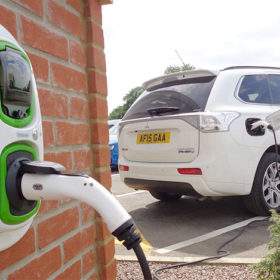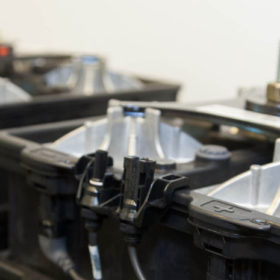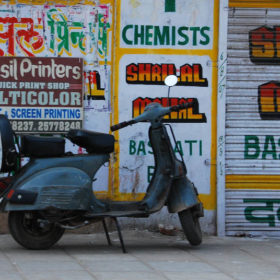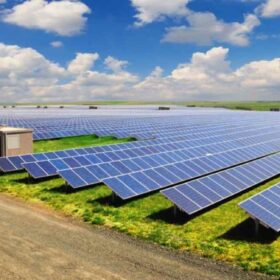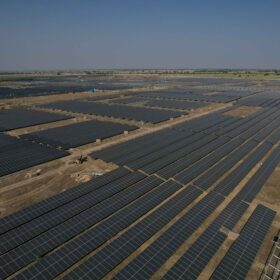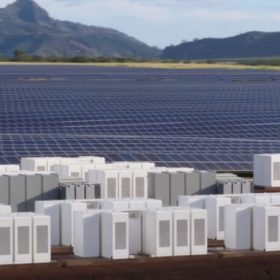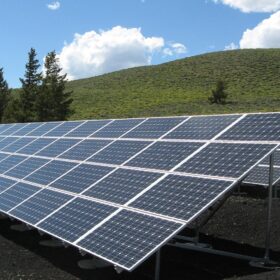Megapack marks Tesla’s new play for utility scale storage market
The Palo Alto company says it has improved its large scale battery offering with the new product in the wake of the success of its Powerpack-driven big battery in Australia. The Megapack can be deployed at a 250 MW/1 GWh clean energy plant four times faster than a fossil fuel alternative, claimed the business in a blogpost.
Lead-acid battery market primed for growth with EVs?
“Lead-acid batteries are comparatively cheaper than other battery types such as Ni-MH and Li-ion. Moreover, these have the highest recyclability percentage of any product, and are therefore likely to find more takers owing to their reduced cost of production,” according to industry participants at the International Lead Conference held in Spain.
Li-ion battery manufacturing cluster coming up at Gujarat’s Dholera, Tata first to invest
The Dholera Special Investment Region—known for the upcoming 5 GW solar park—has secured the first Lithium battery investment from Tata Chemicals, which has committed Rs 4000 crore to set up 10 GW capacity.
Has solar lost its sheen for India’s EV push?
While India’s recent union budget announced steps to create an electric vehicle market, the solar sector still has issues that have not been addressed.
Energy storage and EVs clear winners in union budget 2019: IESA
The new budget aims to seize the opportunity in energy storage and EVs through a range of incentives. However, alongside demand, production and export, the government also needs to focus on e-waste management and Li-ion battery recycling to sustain raw material supply and minimize environmental impact.
Economic Survey calls for $330 billion investment in renewables
The annual report has placed EVs at the heart of India’s decarbonization and called for an Indian answer to the U.S. ‘Motor City’ of Detroit, where electric vehicles and the batteries to run them could be manufactured.
Budget 2019: GST on EVs reduced to 5%, tax incentives on loan
To boost electric vehicle adoption in the country, the government has reduced goods and services tax on electric vehicles to 5% from 12%. Further, it will provide additional income tax deduction of Rs 1.5 lakh on interest paid on loans taken to purchase electric vehicles.
Battery maker CATL ramps up investment in German gigafab to €1.8 billion
Previously, a mere €240 million (Rs1,870 crore) was set to flow into the giga-factory. The corporation’s management reasoned new demand for its battery cells made more investment necessary.
Battery scientists make a cracking observation
Scientists at the Georgia Institute of Technology in the U.S. used x-ray imaging to observe cracks forming in a solid state lithium battery, a discovery they say changes the understanding of performance of solid state batteries and which could lead to more durable systems.
Thinktank gives manufacturers two weeks for EV adaptation blueprint
Central government has thrown down the gauntlet to the nation’s largest motorbike and scooter manufacturers after they resisted a proposal to ban non-electric sales from 2025 onwards.
